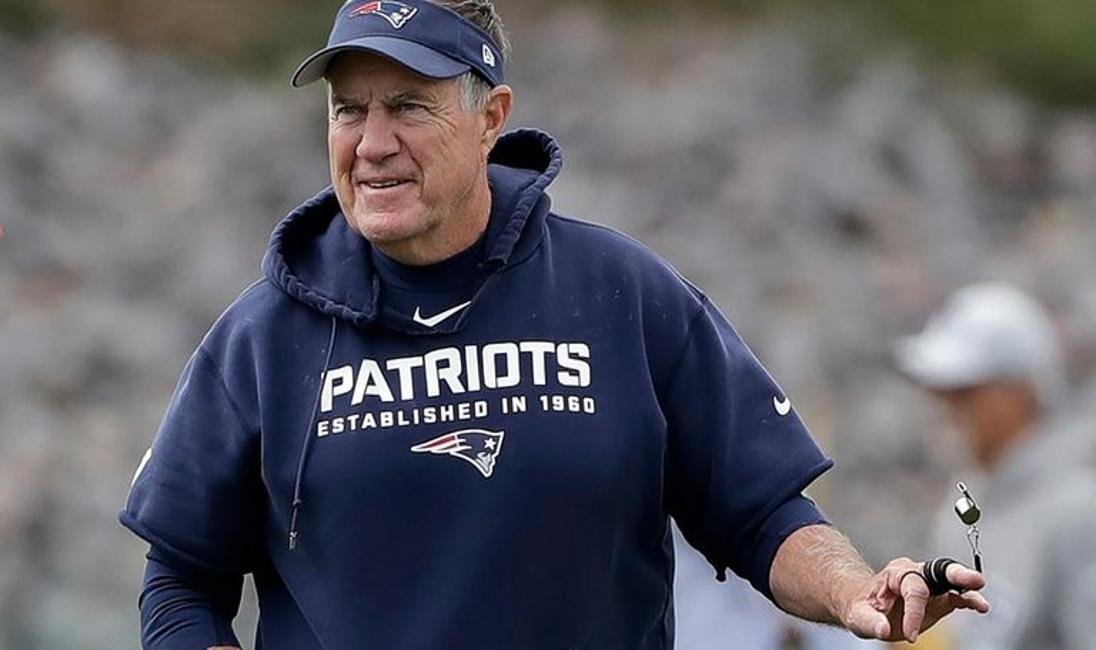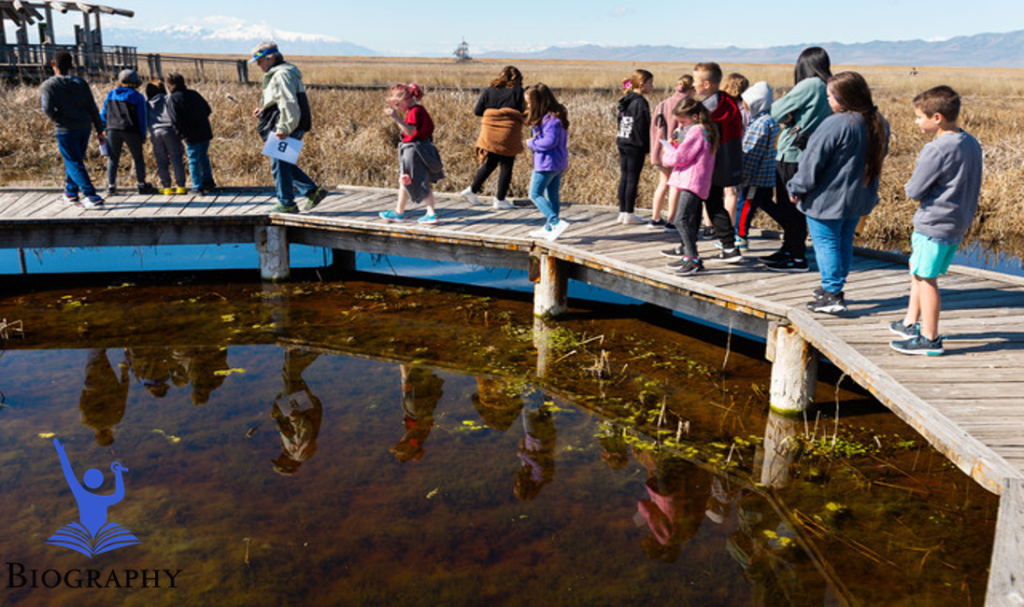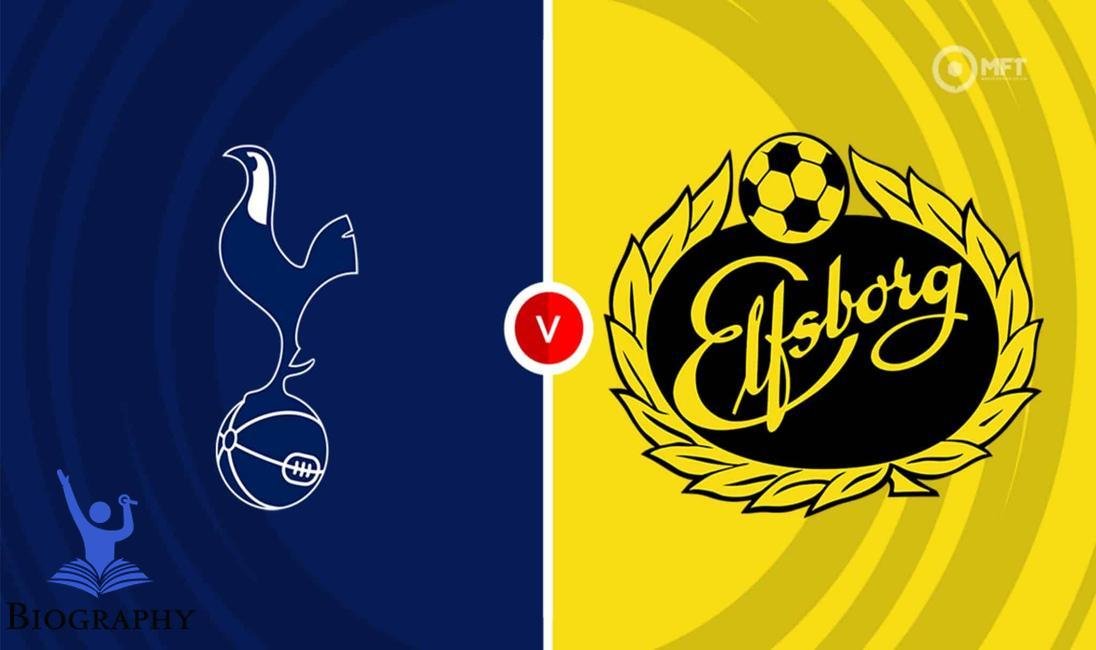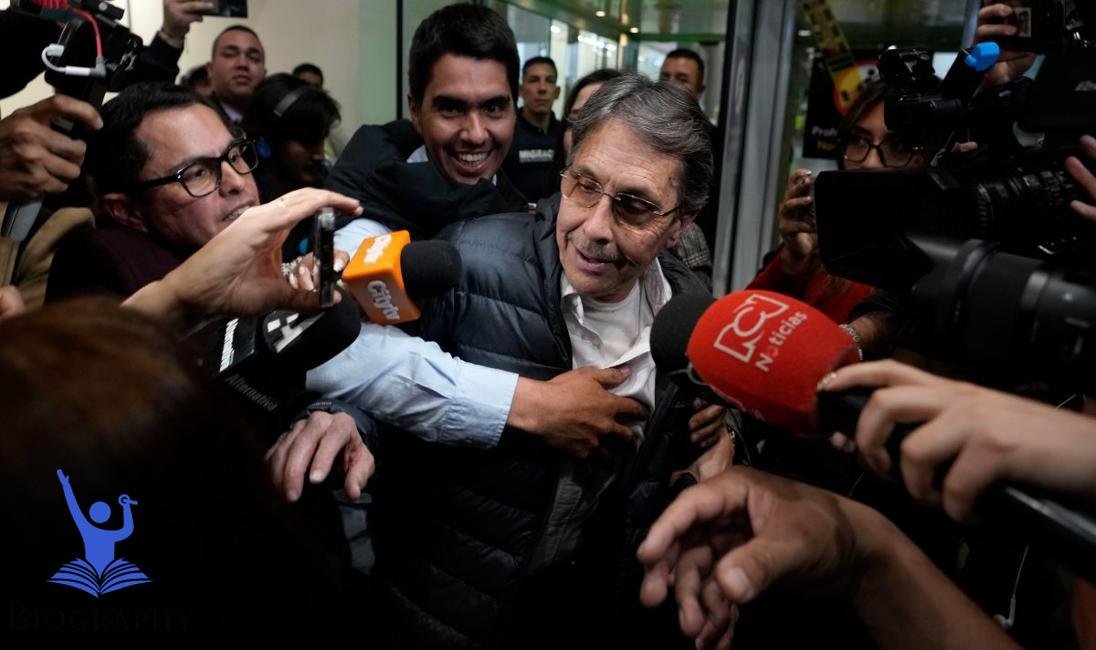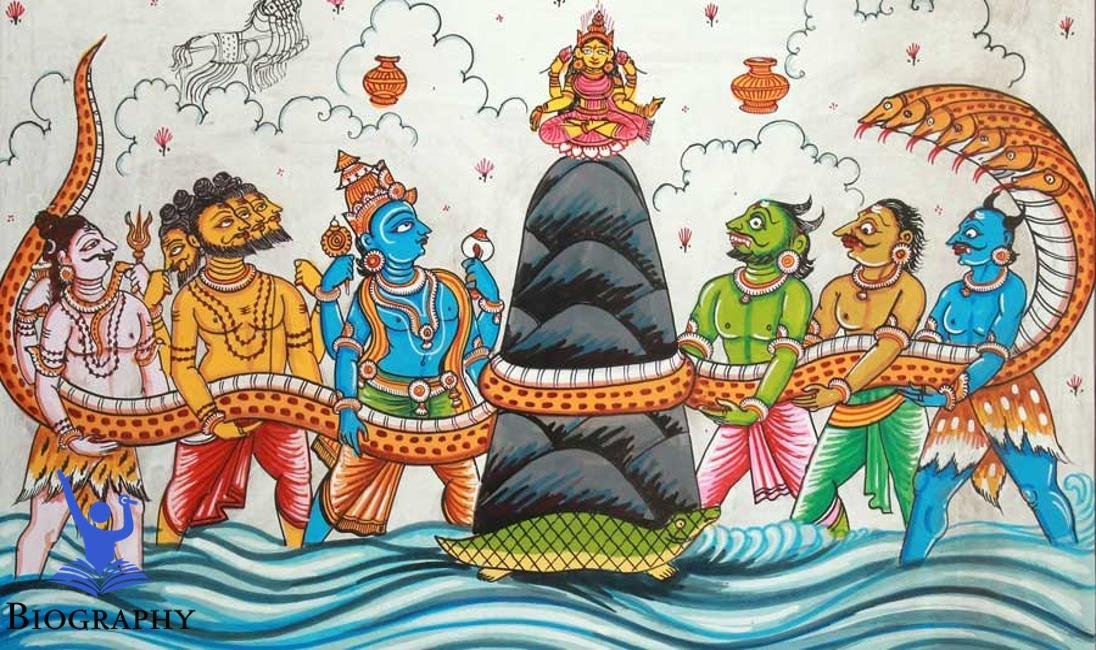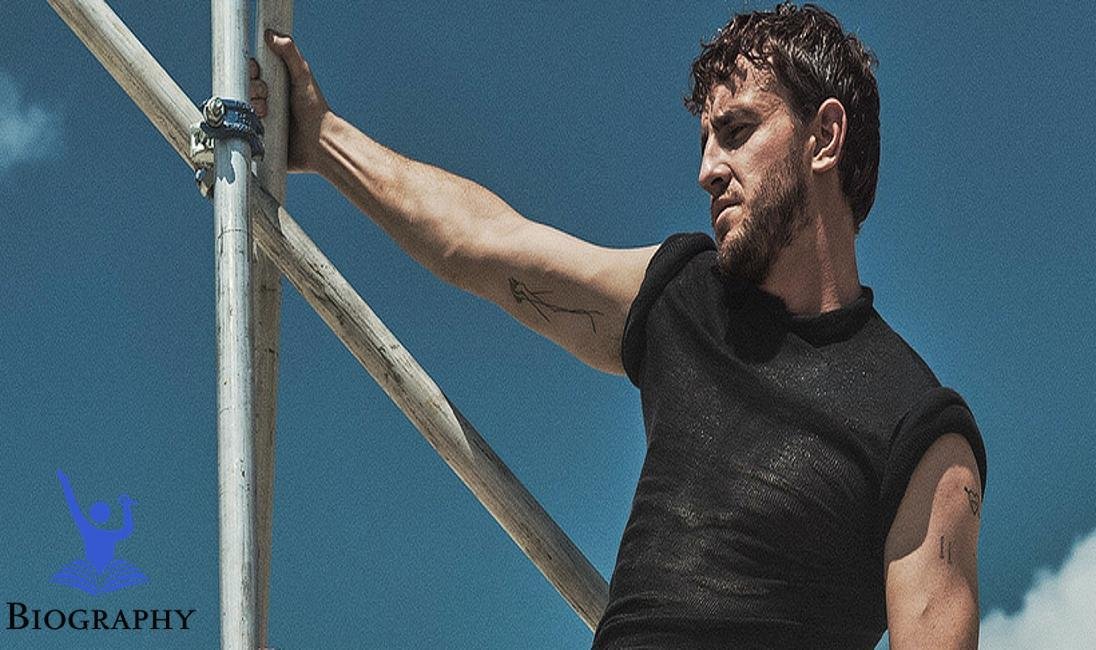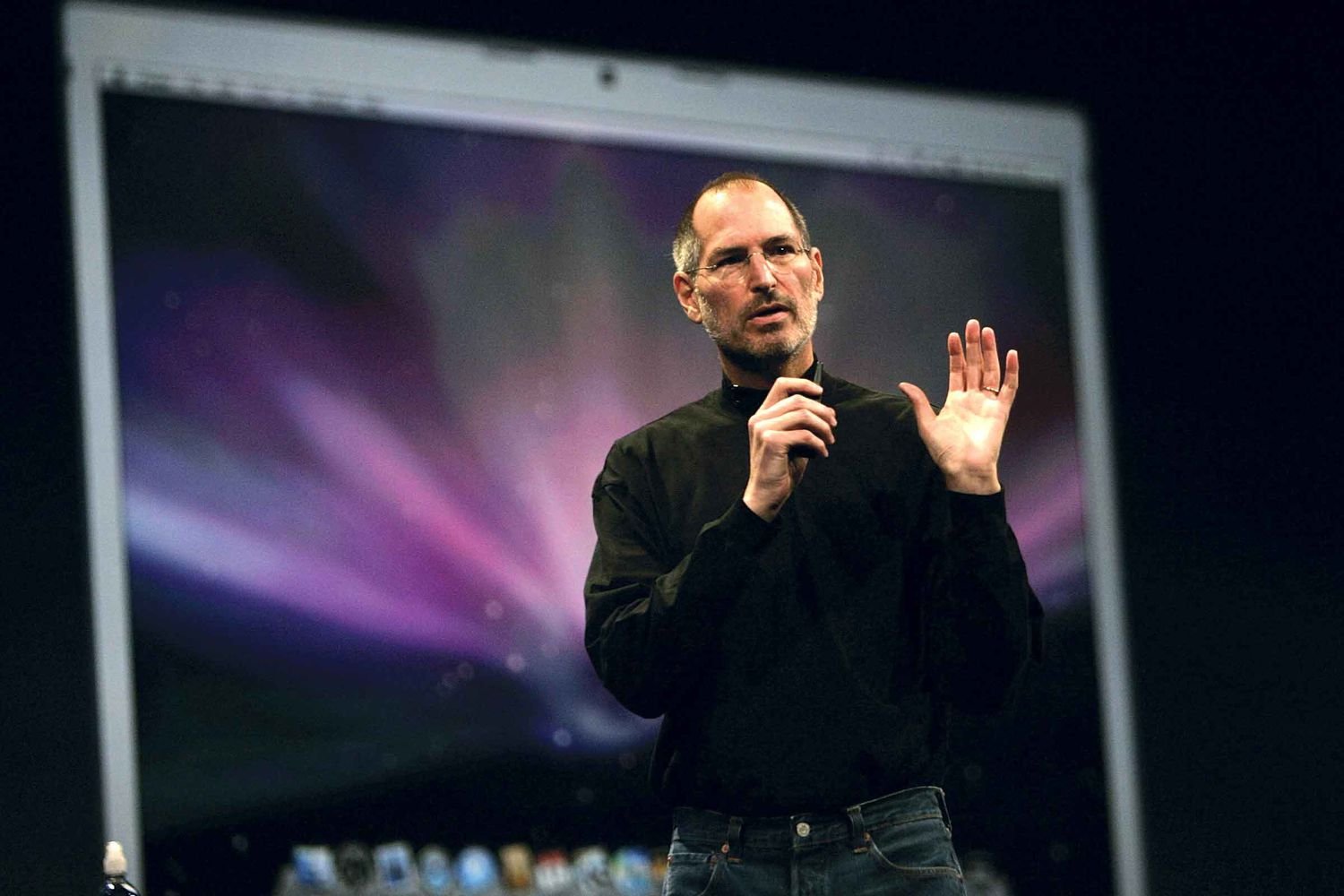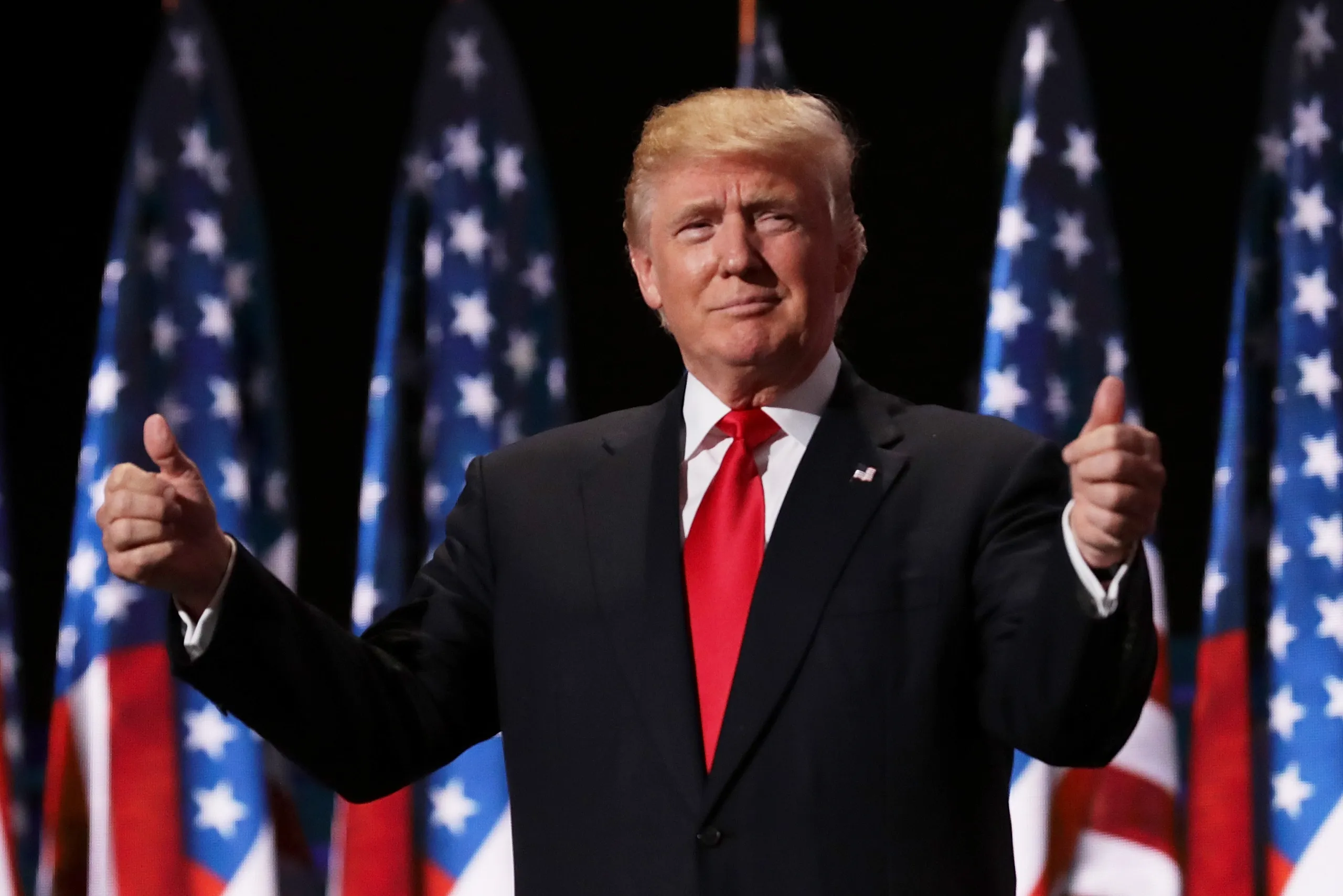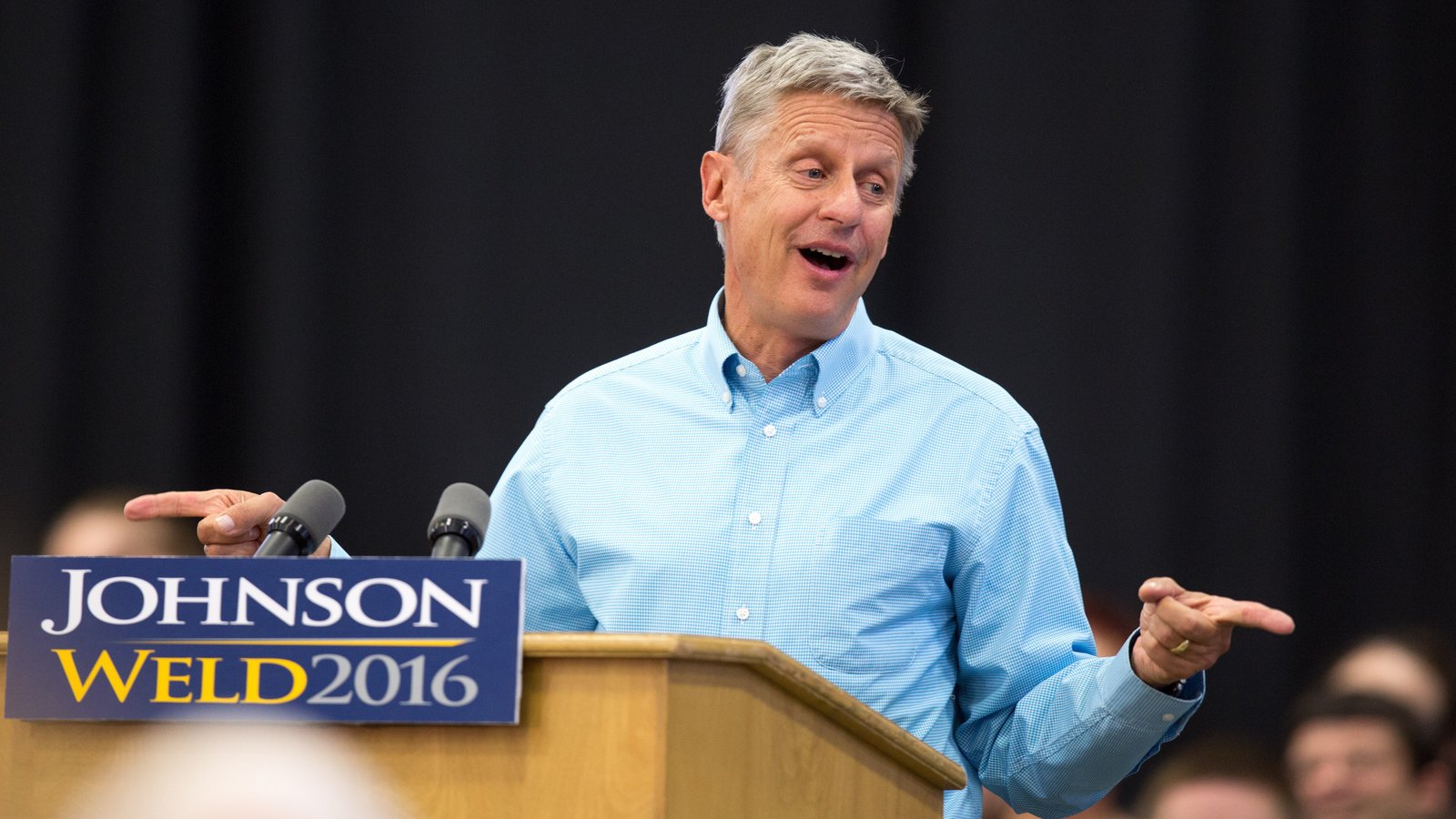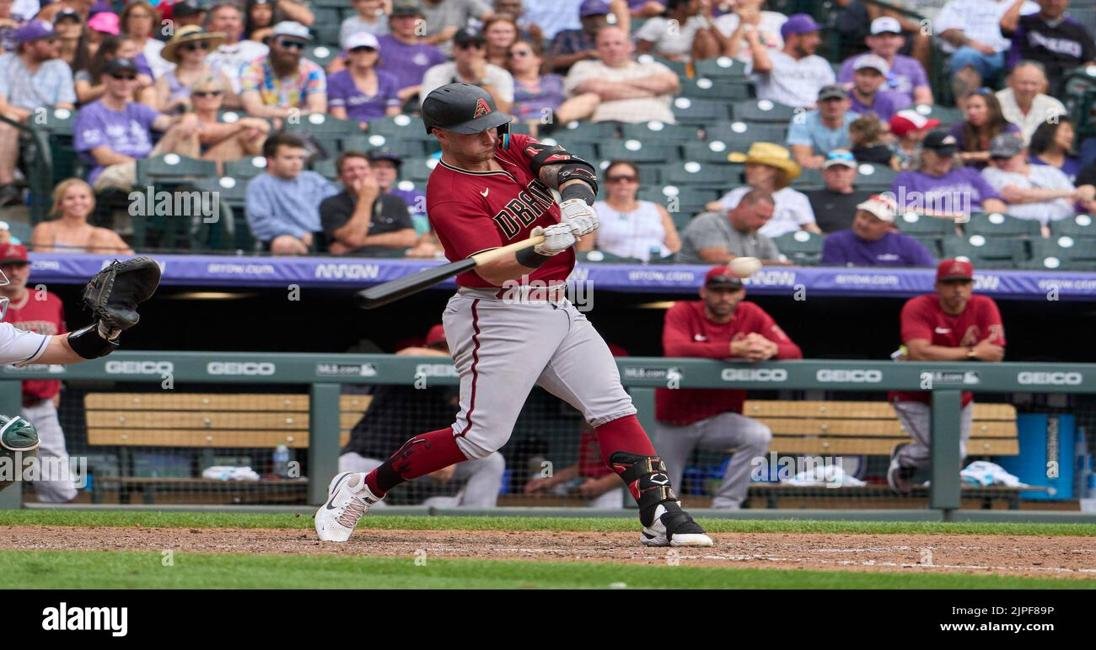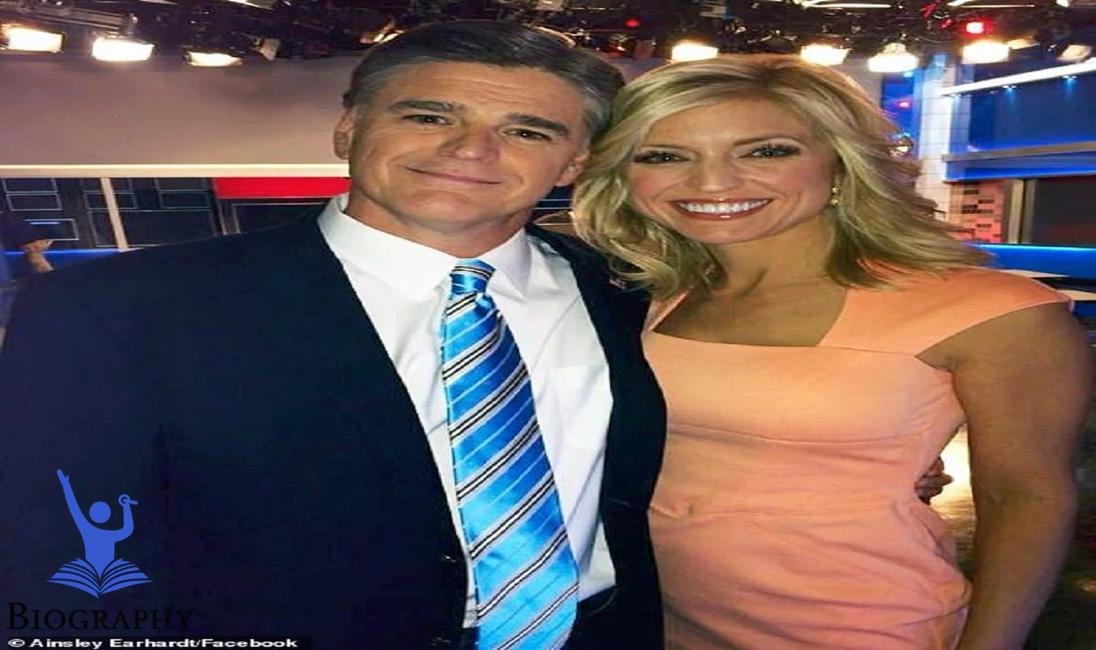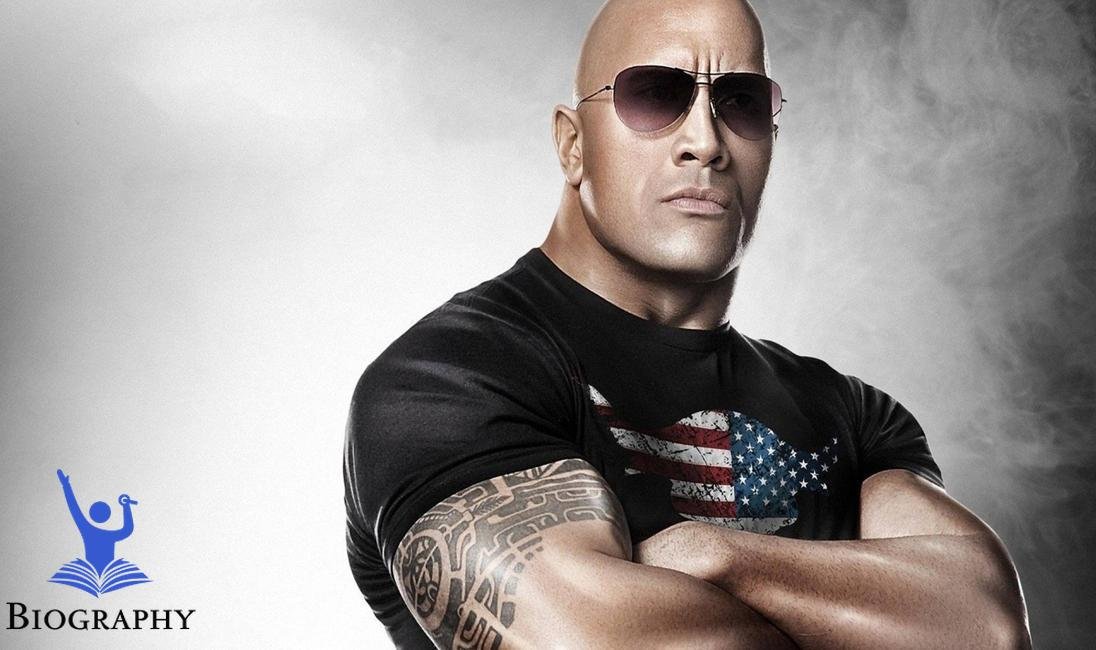Fabio Ochoa: A New Chapter in His Controversial History
The latest developments in Fabio Ochoa’s life shed light on his evolving legacy.
Meta Image: Explore the latest updates on Fabio Ochoa, exploring his controversial past and the ongoing changes affecting his legacy in Colombia.
Fabio Ochoa, a name inseparable from Colombia’s bad past, is creating a new discipline over his life and legacy So far, discussions of Ochoa’s verifiable importance and influence on Colombia on about has accelerated, especially as the country grapples with a tradition of opium and brutality Speaks frankly and tries to he will reintegrate himself into society, providing information about forgiveness, recovery and… the consequences of criminal acts
Who is Fabio Ochoa?
Fabio Ochoa, a former member of the Medellin drug cartel, was once perhaps the most feared figure in the Colombian drug trade. His family, including the cynical Ochoa brothers, has long been involved in a business that created the states opium industry. After serving a substantial prison sentence for drug trafficking and related misconduct, Ochoa gave up in 2021. Since then he has tried to raise a public conscience and joined local traffic, leaving discussion about his motivations at a particular time.
Where and When Did It Happen?
The opportunities that have engulfed Ochoa have extended to Medellin, Colombia, where he was involved in local networks. Notably, the new community center of the time sparked a lot of interest and discussion. Participants revealed that Ochoa, upon examining the interviews, articulates a thirst to actively contribute to society, which actually contradicts the strong image he has developed over a long period of time.
Why is it Significant?
The implications of Ochoa’s efforts to rehabilitate his legacy couldn’t be more significant. Colombia has made progress in managing its past, with public discourses on mediation and the consequences of drug trafficking. As one illustrates the dual history of criminal and potential revolutionary, Ochoas’s role and aims are more convincing. His life is a special place to explore big questions about deep character, accountability, and the choice to be comfortable.
Experts acknowledge that Ochoa’s reintegration efforts could influence other former cartel figures considering comparables. Dr. Elena Rodriguez, an anthropologist who spends a great deal of time in law enforcement, expressed that, Fabio Ochoa’s action may actually trigger a major boost towards contractual and personal reforms in the jurisdiction of former drug lords.
Public Reaction
The response to Ochoa’s public appearances has evoked a mishmash of perspectives. Via virtual entertainment, hashtags, for example, #FabioOchoa and #RedemptionInColombia have moved, summing up the captivated sentiments about him. Allies contend he merits the opportunity for recovery, while pundits censure his previous activities, feeling that his endeavors are only an endeavor to restore his picture instead of a certified craving to offer to set things right.
It is hard for some to ignore the damage done by people like Ochoa. Maria Vasquez, a pro-life advocate not involved in the crash campaign, said her shallow efforts to recover do not erase the suffering it caused countless families.
Official Response
Experts were wary of Ochoas’ latest promise. Local officials acknowledge the importance of rehabilitating violent former gangsters but emphasize the importance of accountability and understanding the real state of drug-related violence in Colombia. A representative of the Medellin government said that while we support all residents in their efforts to improve their lives, we must likewise confront the historical experience of people like Fabio Ochoa.
Interestingly, several local pioneers have invited Ochoa to attend, strengthening her connections with opium-addicted residents. They emphasize that these conversations can often promote recovery and understanding in networks affected by negative behavior.
Conclusion
Exploring this new dimension, Fabio Ochoa’s consequences of his design extend far beyond his own narrative. His efforts to rehabilitate that legacy dovetail with much broader themes of forgiveness, responsibility, and having the character to really push forward in a country dealing with its horrific past: how Ochoa is withdrawing from normal society and whether his efforts will contribute significantly to amnesty and reconciliation in Colombia It will be interesting.
In a country where the scars of atrocities lie in wait, the real part of Ochoa’s transformation ultimately lies in the legitimacy of his activities and reactions from the general public and experts The conversation about his legacy has barely begun whether it remains a controversial person.






